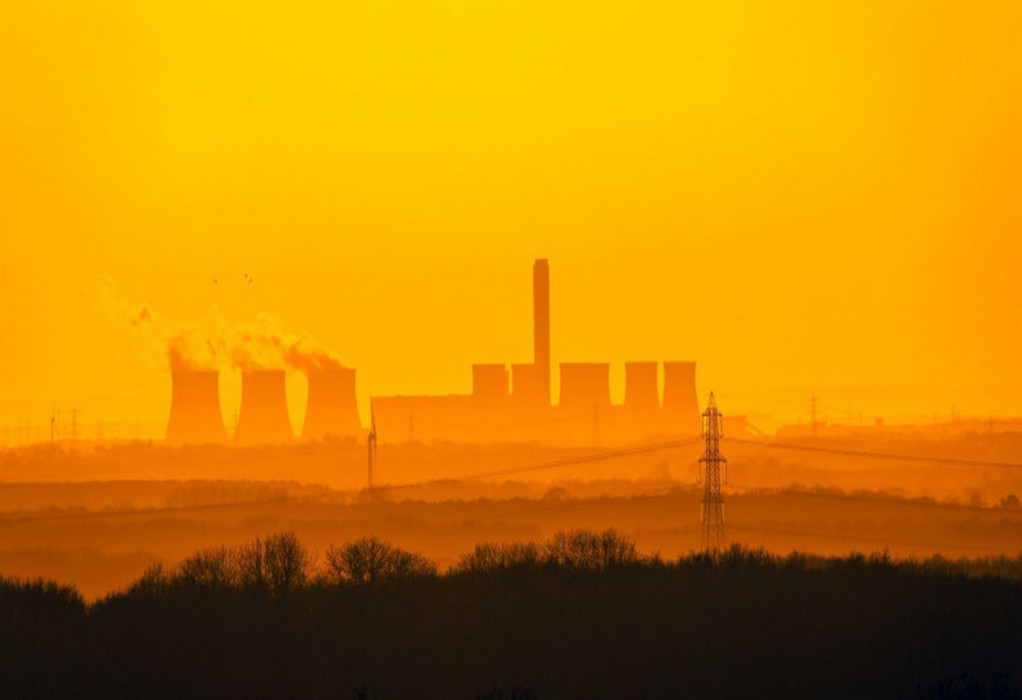A group of European and Japanese researchers have been working to develop processes to optimise CO2 hydrogenation in terms of energy efficiency and production cost to produce e-methanol for transport, including ocean shipping.
Under the Laurelin project, backed by the EU and Japan, ten research expert organisations are looking into the microwave heating, plasma induction, and magnetic induction as catalysts to accelerate the chemical reaction of hydrogen with CO2.
Involving universities, research organisations and SMEs from Belgium, Germany, Japan, Netherlands, Spain and the UK, Laurelin is a 48-month project funded by the EU’s Horizon 2020 programme and the Japan Science and Technology Agency (JST).
As per the agreement, they will build a prototype reactor for each solution to ascertain their performance against conventional hydrogenation using heat. The partners will continue to fine-tune these novel reactors by making them operable at higher pressures.
The project will test more than 100 samples of new catalyst materials and compare them with conventional hydrogenation to help optimise the selectivity and yield of methanol production.
Tags: Belgium, CO2 Hydrogeneration, E-Methanol, eu, Germany, Japan, Shipping



Recent Posts
ZeroNorth’s SMARTShip platform integrates with ClassNK MRV portal to automate emissions reporting
Towngas Partners with TLB, Pacific Basin to Advance Green Marine Fuel Infrastructure in Hong Kong
SECI Extends Bid Deadline for Green Ammonia Tender Under SIGHT Scheme
Greenzo Energy Bags ₹320 Cr Order from Oswal Energies for 20 MW Green Hydrogen Plant in Gujarat
Toyota Kirloskar and Ohmium International Join Forces to Develop Green Hydrogen Solutions in India
EST-Floattech Expands Octopus Series with Lithium Iron Phosphate Battery Modules
PowerCell’s Marine System 225 receives Type Approval from Lloyd’s Register
Echandia Secures SEK 325 Million in Funding to Advance Maritime Electrification